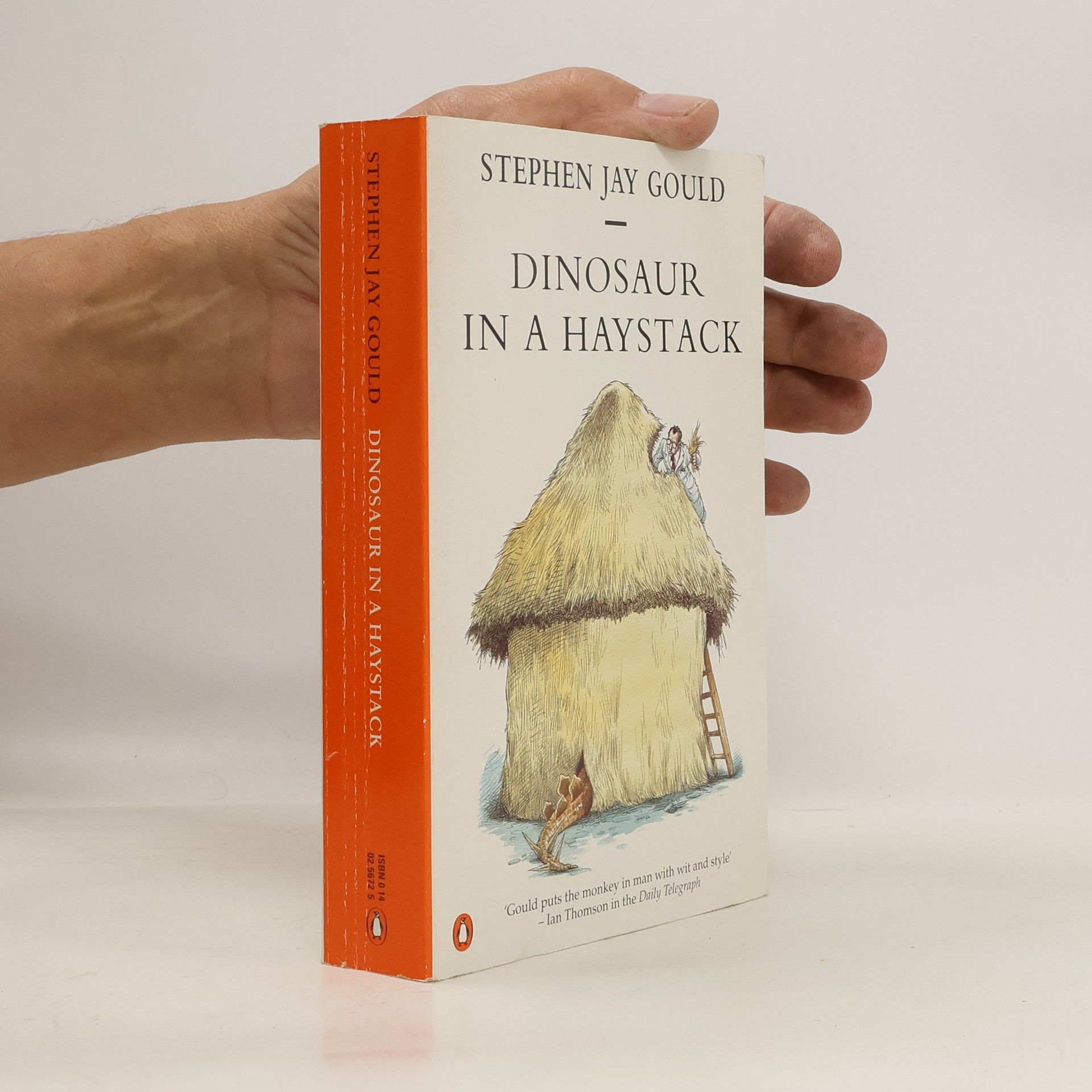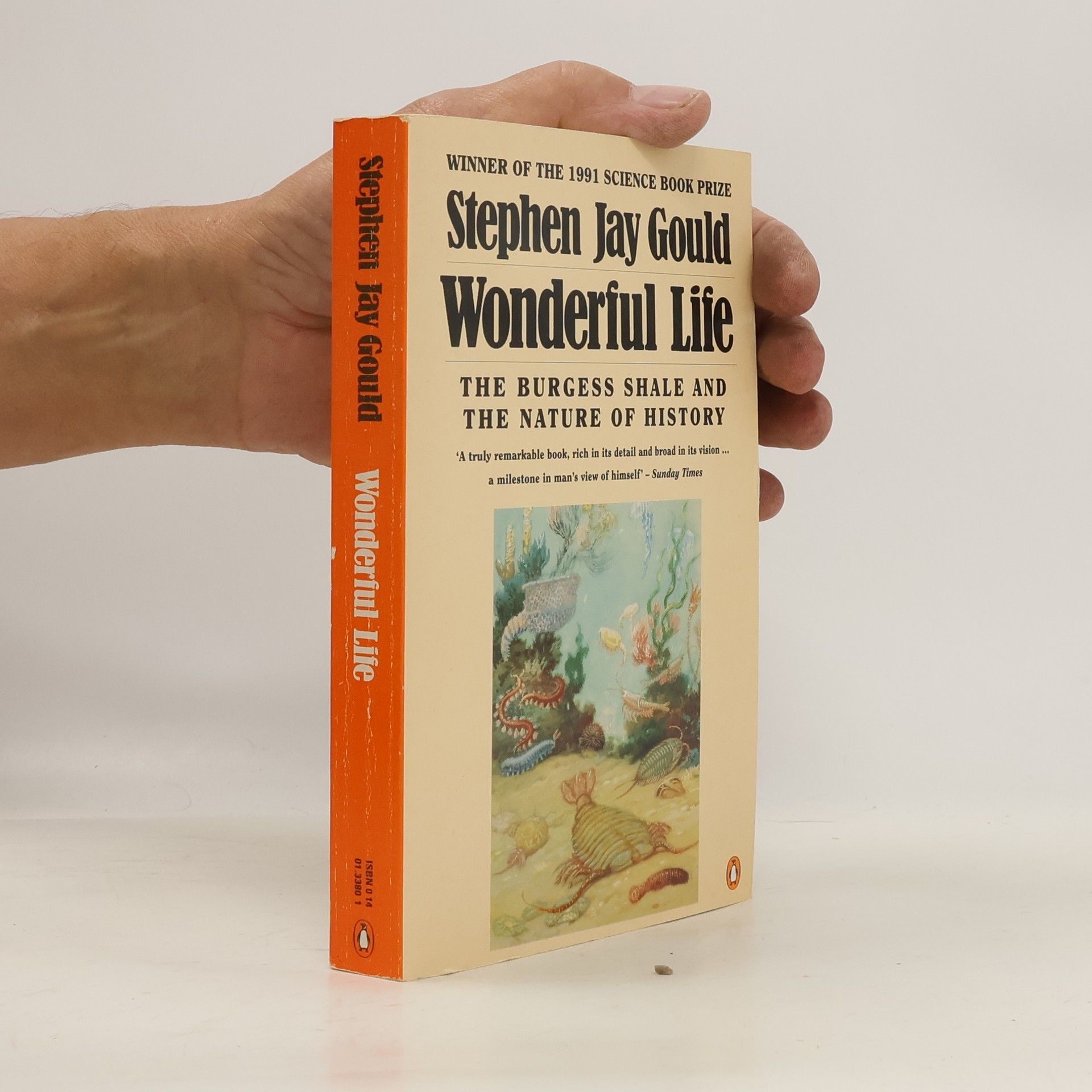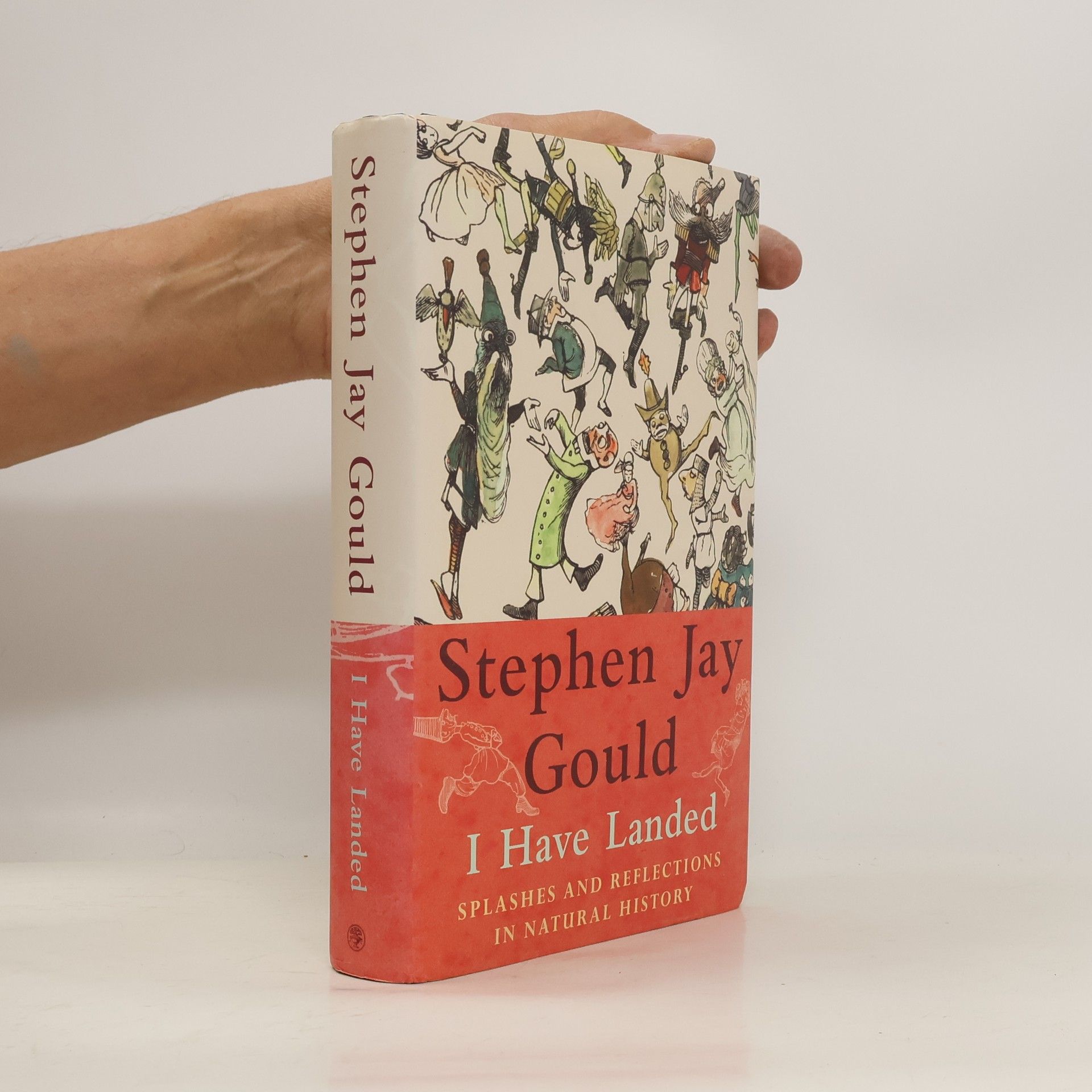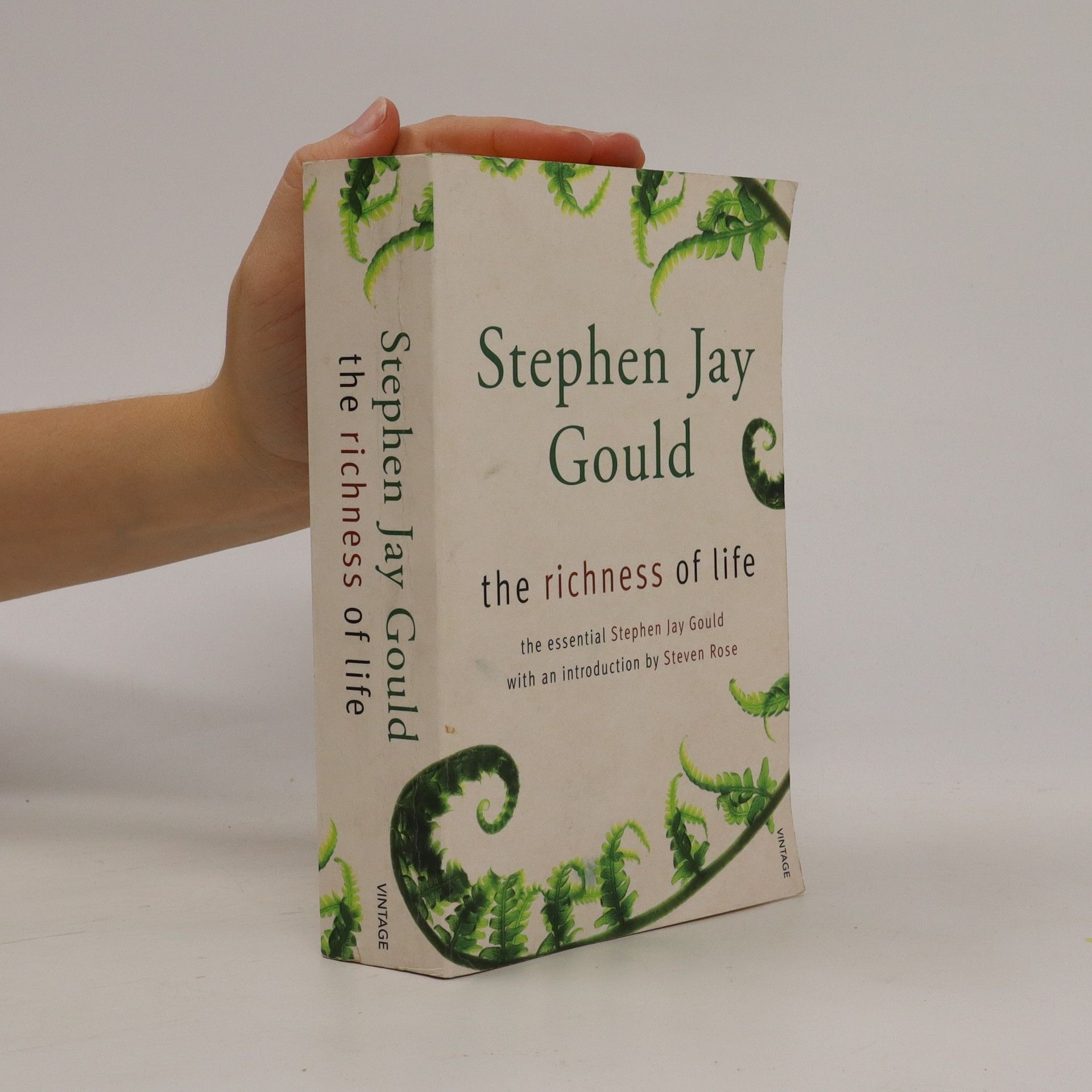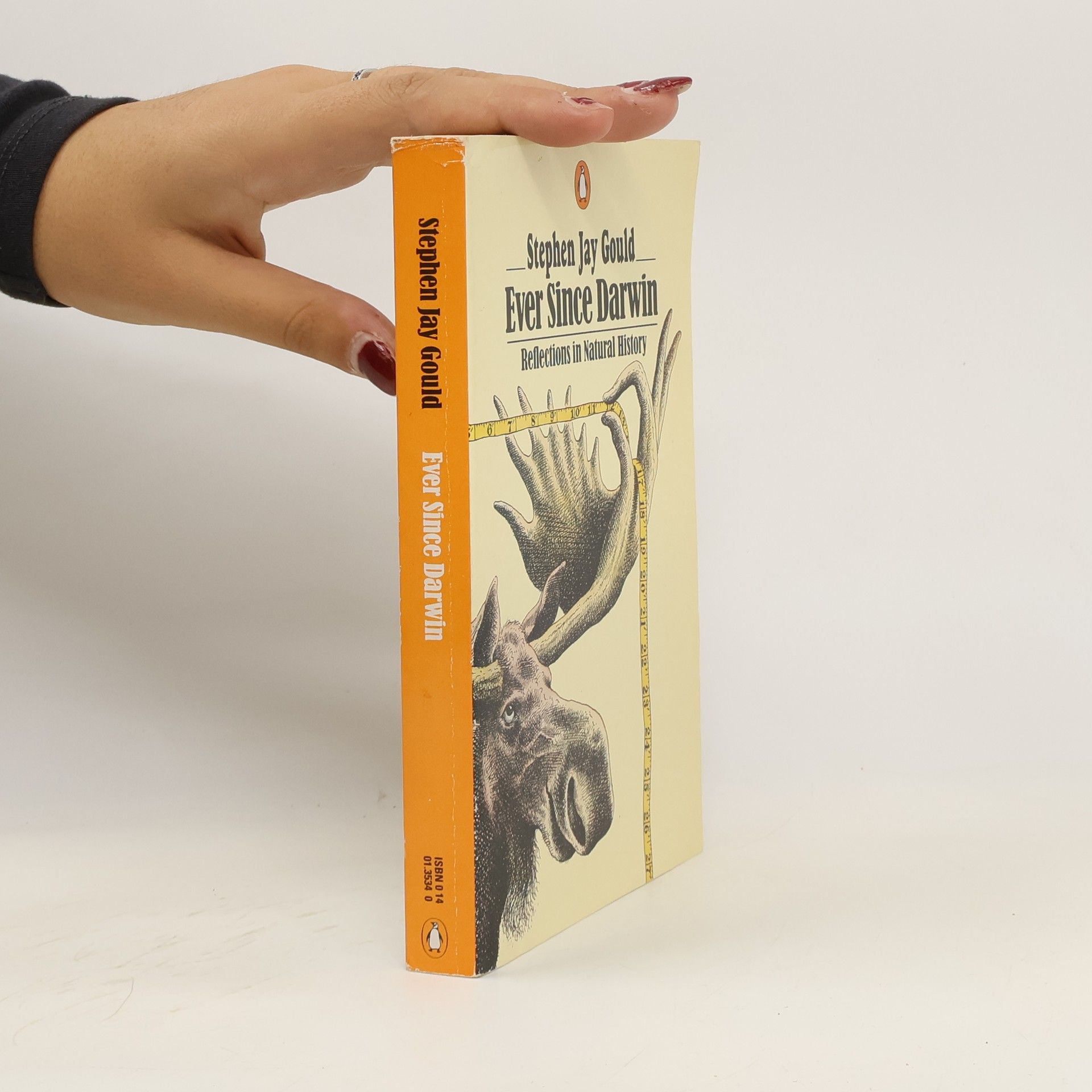De gok van de evolutie
- 264bladzijden
- 10 uur lezen
Op de achterflap: "Vanaf de eerste eencellige organismen naar de mens in al zijn wonderbaarlijke en nog goeddeels onbegrepen complexiteit, is dat niet onmiskenbaar een enorme ontwikkeling ten goede, een fundamentele kwaliteitsverbetering? In dit radicale maar altijd relativerende boek toont Stephen Jay Gould hoe deze opvatting - hoe vleiend hij ook is - berust op denkfouten. Niet vooruitgang is het wezen van evolutie, maar variatie en selectie, op zichzelf willekeurig en richtingloos. Verbetering is altijd plaatselijk en tijdelijk. Als geen ander weet Gould zijn persoonlijke ervaring en belangstelling te gebruiken om zijn meer theoretische bespiegelingen reliëf te geven. Met een groot gevoel voor humor verbindt hij zijn passie voor wetenschap aan zijn passie voor honkbal, dat hij als model gebruikt voor een hele traditie in het wetenschappelijk redeneren. Nadat Darwin de mens ontmaskerde als dier en Freud ons de heerschappij van onze eigen geest ontnam, breekt Gould nu een laatste voetstuk af: dat van de menselijke soort als stralend hoogtepunt in de evolutie. Stephen Jay Gould werd in Nederland vooral bekend door zijn optreden in 'Een schitterend ongeluk' van Wim Kayzer. Van hem verschenen bij Contact 'Wonderlijk leven' en 'De mens gemeten'."

